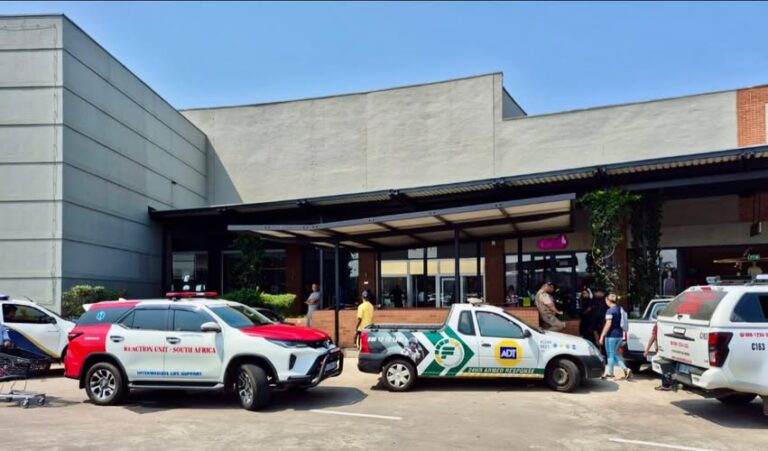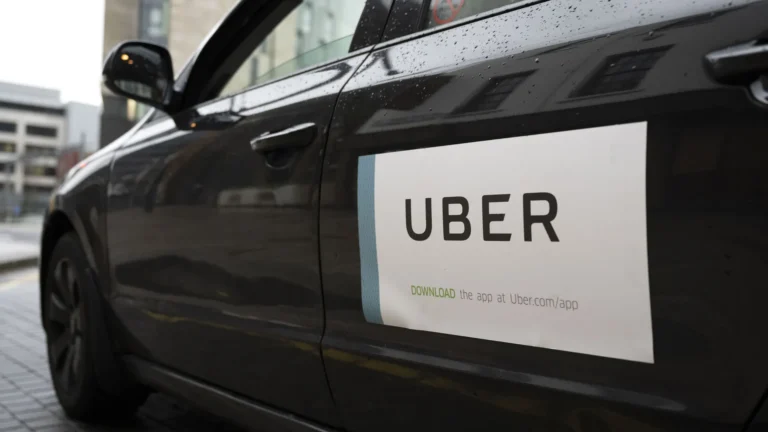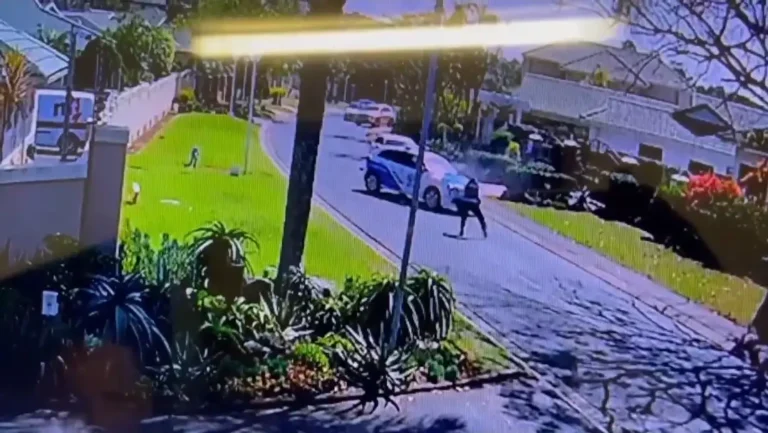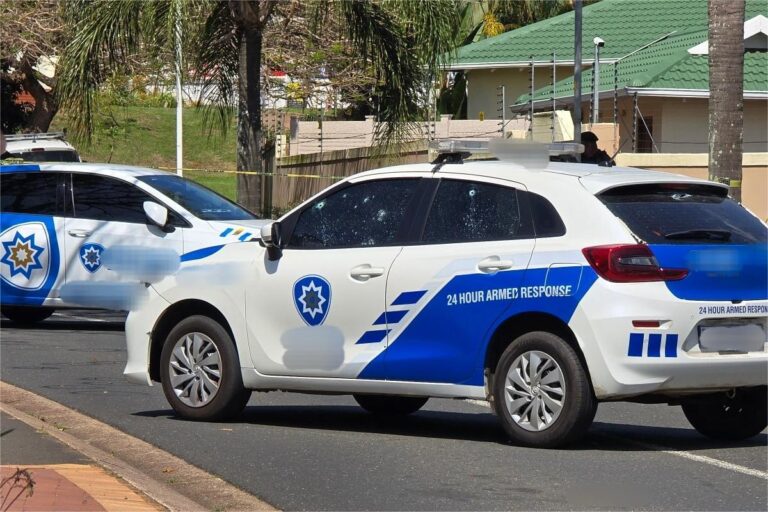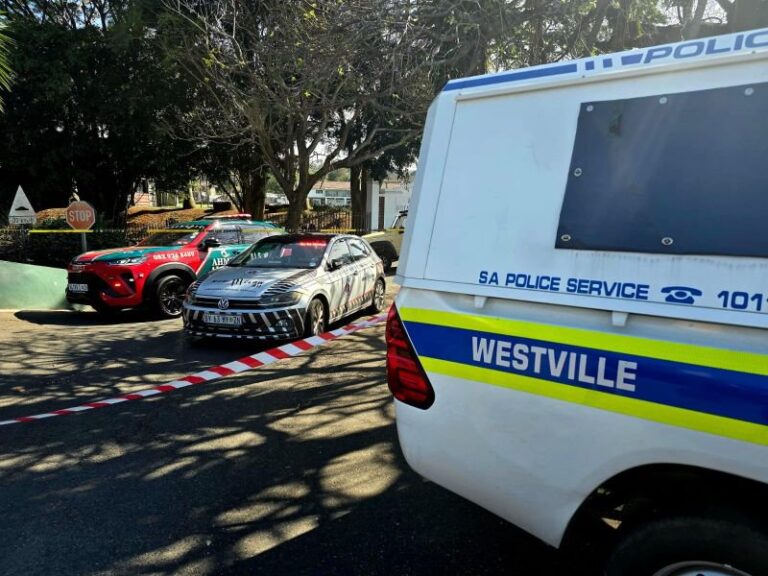KwaZulu-Natal police are investigating after a body, believed to be that of missing South African Airways (SAA) pilot Andrew Blackwood-Murray, was discovered on Durban’s beachfront on Friday night.
ALS Paramedics said emergency teams were called to Bay of Plenty Beach after multiple reports of a body washing up.
“Paramedics were shown to the beach where they found a male believed to be in his sixties who had been washed up onto the sand. The man was assessed, however, he showed no signs of life and was declared deceased on the scene,” said ALS Paramedics spokesperson Garrith Jamieson.
Police confirmed that the deceased was wearing a flight suit, and investigations are under way to determine the identity.
“The unidentifiable body was possibly washed out from the ocean and was wearing a flight suit. Preliminary investigations suggest that it could be the body of the pilot who crashed into the sea last month, however, formal identification processes will be conducted to ascertain the body’s identity,” explained KZN police spokesperson Colonel Robert Netshiunda.
The National Sea Rescue Institute (NSRI) confirmed the body was handed over to authorities.
“The body of the deceased man was taken into the care of the police and the Government Health Forensic Pathology Services. While indications are that the body is that of missing pilot Andrew Blackwood-Murray, formal Police protocols and formal identification are still in progress to be observed respectfully in cooperation with the family,” said NSRI spokesperson Craig Lambinon.
He added that the family had requested privacy.
“Condolences are conveyed to the family, friends and colleagues. Family has declined interviews, respectfully requesting privacy in this difficult time,” Lambinon said.
KwaZulu-Natal MEC for Transport and Human Settlements, Siboniso Duma, said the discovery may finally provide answers for the pilot’s loved ones.
“We sincerely hope that the discovery of the body of Mr Andrew Blackwood-Murray will assist his wife and the whole family to find closure after a prolonged period of uncertainty and grief. We pray to God to give them strength,” Duma said.
He confirmed his office would remain in close contact with authorities.
“At this stage, we wish to indicate that I have mandated my office to liaise with the SAPS and other relevant authorities. We trust their capacity to manage this sensitive matter. For my part, I will be liaising with the Mayor of eThekwini, Cllr Cyril Xaba, and the Minister of Transport, Barbara Creecy. Finally, we commend the NSRI, SAPS and all other role-players for their multi-agency search efforts. They did not give up despite challenges,” Duma added.
The Crash
Blackwood-Murray, 61, disappeared after his Extra 300 aircraft, registered ZS-AEC, plunged into the ocean during an airshow on 21 August 2025. The aircraft was performing its final manoeuvre when it crashed into the sea just before 2pm.
Read | Seven Dead in Four Crashes on N2 North Coast
Videos shared on social media captured the aircraft looping in the sky before striking the water.
The Civil Aviation Authority’s Accident and Incident Investigation Division is probing the cause of the crash. Tributes flooded in following the incident, with many hailing Blackwood-Murray as a highly skilled pilot and aerobatics enthusiast.




